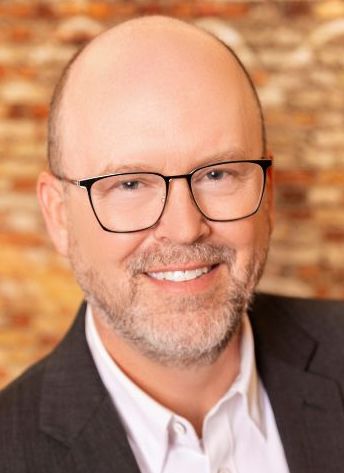BALTIMORE – Many studies show that PAP compliance improves health, but new research confirms that PAP compliance also saves money. In new findings from the University of Maryland School of Medicine and Wisconsin-based EnsoData, results showed that Medicare beneficiaries who initiated PAP saved $195 in per-member per-month costs over 24 months.
 The national study represents the largest economic analysis of treatment of comorbid obstructive sleep apnea (OSA) to date. Study co-author Nathaniel F. Watson, MD, chief medical officer at EnsoData believes that people are getting the message, but more sleep professionals are needed.
The national study represents the largest economic analysis of treatment of comorbid obstructive sleep apnea (OSA) to date. Study co-author Nathaniel F. Watson, MD, chief medical officer at EnsoData believes that people are getting the message, but more sleep professionals are needed.
“Awareness is less of a problem than access,” Watson says. “There is a shortage of sleep medicine providers, and those who exist are focused mostly in urban areas. We have huge swaths of the country with little to no sleep medicine expertise. So we need to engage with primary care to get them more involved in OSA diagnosis and treatment.”
 The new study has gained attention and is one of many reasons that awareness continues to grow. “The American Academy of Sleep Medicine, National Sleep Foundation, and other groups have increased the sleep IQ of the general public as relates to OSA,” Watson says. “And of course, you can just type snoring and sleepiness into google and it will tell you these are signs of OSA, so awareness is getting better every day.”
The new study has gained attention and is one of many reasons that awareness continues to grow. “The American Academy of Sleep Medicine, National Sleep Foundation, and other groups have increased the sleep IQ of the general public as relates to OSA,” Watson says. “And of course, you can just type snoring and sleepiness into google and it will tell you these are signs of OSA, so awareness is getting better every day.”
Even if more sleep professionals were available, there is a negative perception of CPAP that persists. Watson explains: “I have yet to see a new patient walk into my clinic excited by the prospect of PAP, but many return telling me they would never sleep without it. The biggest misconception is that PAP is an unpleasant experience that worsens sleep or that won’t work for a given individual.”

